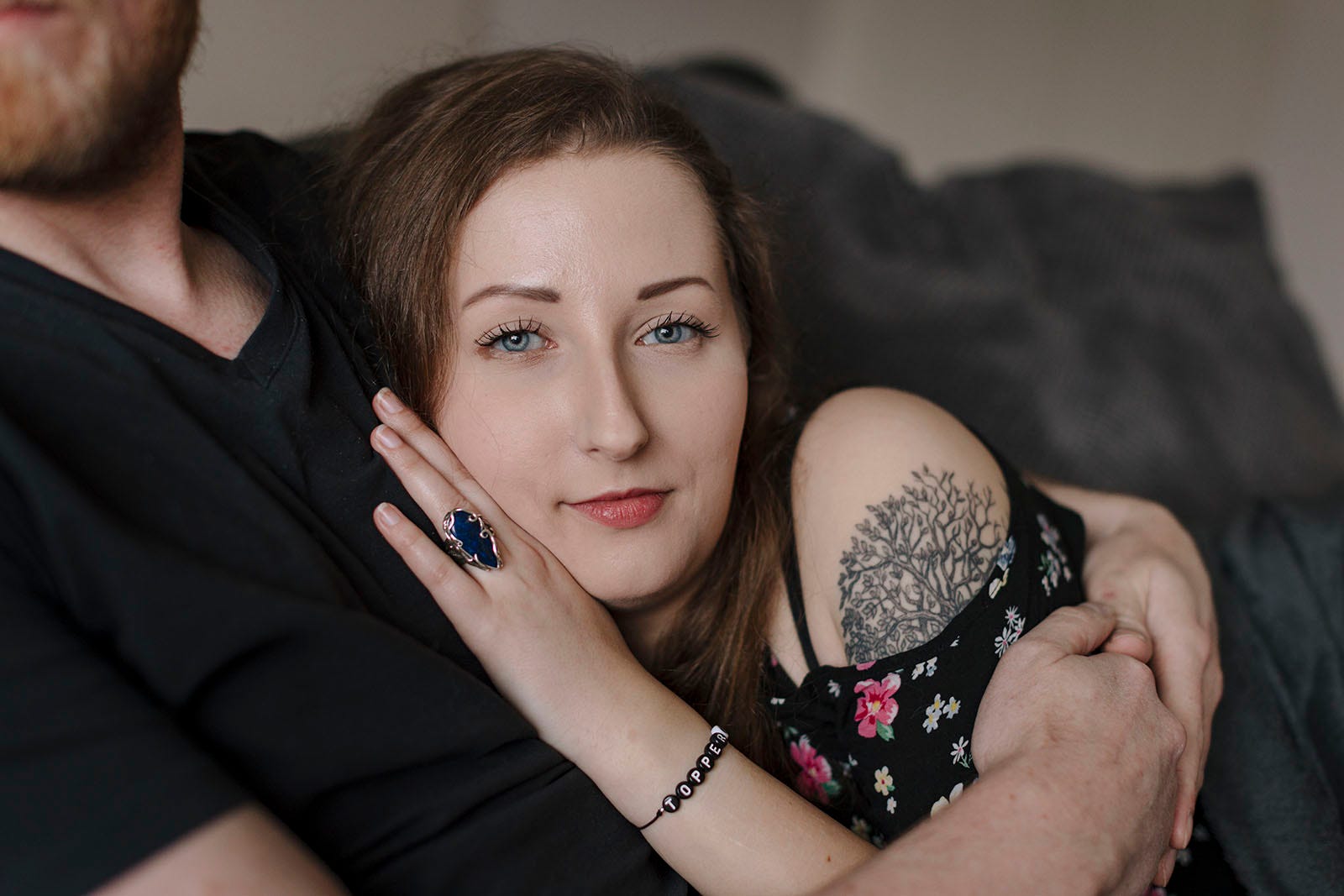Dark Window
Forest Wanderer
- Mar 12, 2024
- 548

‘I’m 28. And I’m Scheduled to Die in May.’
Some right-to-die activists want everyone to have access to euthanasia—even young people with mental illness. Are they also making suicide contagious?
Zoraya ter Beek, 28, expects to be euthanized in early May.
Her plan, she said, is to be cremated.
"I did not want to burden my partner with having to keep the grave tidy," ter Beek texted me. "We have not picked an urn yet, but that will be my new house!"
She added an urn emoji after "house!"
Ter Beek, who lives in a little Dutch town near the German border, once had ambitions to become a psychiatrist, but she was never able to muster the will to finish school or start a career. She said she was hobbled by her depression and autism and borderline personality disorder. Now she was tired of living—despite, she said, being in love with her boyfriend, a 40-year-old IT programmer, and living in a nice house with their two cats.
She recalled her psychiatrist telling her that they had tried everything, that "there's nothing more we can do for you. It's never gonna get any better."
At that point, she said, she decided to die. "I was always very clear that if it doesn't get better, I can't do this anymore."
As if to advertise her hopelessness, ter Beek has a tattoo of a "tree of life" on her upper left arm, but "in reverse."
"Where the tree of life stands for growth and new beginnings," she texted, "my tree is the opposite. It is losing its leaves, it is dying. And once the tree died, the bird flew out of it. I don't see it as my soul leaving, but more as myself being freed from life."
Her liberation, as it were, will take place at her home. "No music," she said. "I will be going on the couch in the living room."
She added: "The doctor really takes her time. It is not that they walk in and say: lay down please! Most of the time it is first a cup of coffee to settle the nerves and create a soft atmosphere. Then she asks if I am ready. I will take my place on the couch. She will once again ask if I am sure, and she will start up the procedure and wish me a good journey. Or, in my case, a nice nap, because I hate it if people say, 'Safe journey.' I'm not going anywhere."
Then the doctor will administer a sedative, followed by a drug that will stop ter Beek's heart.
When she's dead, a euthanasia review committee will evaluate her death to ensure the doctor adhered to "due care criteria," and the Dutch government will (almost certainly) declare that the life of Zoraya ter Beek was lawfully ended.
She's asked her boyfriend to be with her to the very end.
There won't be any funeral. She doesn't have much family; she doesn't think her friends will feel like going. Instead, her boyfriend will scatter her ashes in "a nice spot in the woods" that they have chosen together, she said.
"I'm a little afraid of dying, because it's the ultimate unknown," she said. "We don't really know what's next—or is there nothing? That's the scary part."
